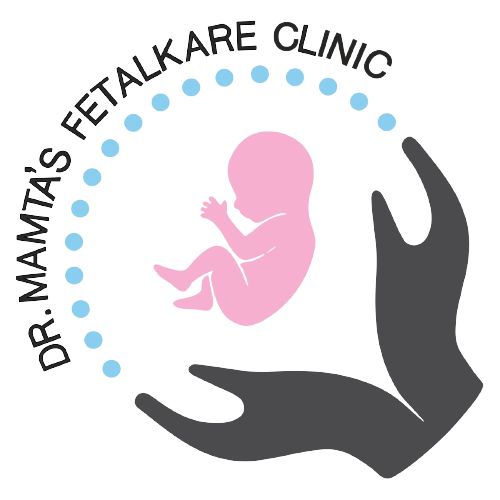A high-risk pregnancy diagnosis from an obstetrician, gynecologist, or high-risk pregnancy doctor can feel concerning regardless of whether this is your first pregnancy or your third. A high-risk pregnancy can refer to a wide range of conditions. There are many of them that are related to pre-existing conditions you may have had before becoming pregnant or conditions you might have developed during pregnancy. There is no guarantee that a high-risk pregnancy will be more difficult or challenging than a low-risk pregnancy. However, it may mean consulting a maternal-fetal medicine specialist and undergoing more monitoring than a low-risk pregnancy. Get more information about high-risk pregnancy from Dr. Mamta Phogat – high-risk pregnancy specialist near me and an expert in maternal-fetal medicine.
Q: How do high-risk pregnancies occur?
A: The conditions listed below are the most common causes of high-risk pregnancies, however, not all women with those conditions will experience a high-risk pregnancy.
- Diabetes. If you have diabetes before you become pregnant, you may be referred to a maternal-fetal medicine specialist for monitoring and medication recommendations. Pre-conception counseling may be beneficial. In the case of gestational diabetes (a type of diabetes during pregnancy), your obstetrician may be able to care for you without consulting maternal-fetal medicine. When a maternal-fetal medicine specialist is consulted for gestational diabetes, he or she will monitor your baby’s growth and well-being, and provide nutritional counseling and glucose monitoring in addition to possible medications.
- Pre-eclampsia. A pre-eclampsia is a condition in which a pregnant woman has high blood pressure along with protein in her urine and swelling in her legs. In some women with preeclampsia, liver or platelet abnormalities may occur. Depending on the severity of your disease or if you are preterm, you may be referred to a maternal-fetal medicine specialist. “Pre-eclampsia can only be treated by delivering your baby,” says Dr. Mamta Phogat, “so this is a condition that requires very close monitoring in order to balance maternal complications against the risks of early delivery.”
- Hypertension. You may need to consult a maternal-fetal medicine expert if you have hypertension before becoming pregnant. Hypertension medications that are commonly used outside of pregnancy are contraindicated during pregnancy.
- Multiples. Twins or higher-order multiples are more likely to experience complications during pregnancy. Preeclampsia and preterm labor are more likely to occur in women with multiple pregnancies. In twin pregnancies, growth problems and fetal anomalies are more likely, especially if they share a placenta. A maternal-fetal medicine specialist will closely monitor your pregnancy by performing additional ultrasounds if you have multiple pregnancies. A maternal-fetal medicine specialist will determine when and how to deliver your babies. You may continue seeing your Ob/Gyn, or you may prefer to be seen at FetalKare clinic in Faridabad if you’re healthy and the growth of your babies is normal and without complications.
- Obesity. Women who are obese are at a greater risk of developing diabetes, hypertension, and preeclampsia during pregnancy. Maternal-fetal medicine specialists encourage pregnant women to lose weight through healthy strategies because obesity is one of the only health conditions that can be changed before pregnancy.
Q: Will I have high-risk pregnancy in the future?
If you had a preterm birth during your previous pregnancy, you are at greater risk for preterm labor during your next pregnancy. During this time, your obstetrician will use medication to manage your pregnancy, and a maternal-fetal medicine specialist will conduct ultrasound surveillance to monitor the length of your cervical spine.
The most important thing to remember about a high-risk pregnancy is that you and your baby will be kept as healthy as possible by your maternal-fetal medicine specialist.


